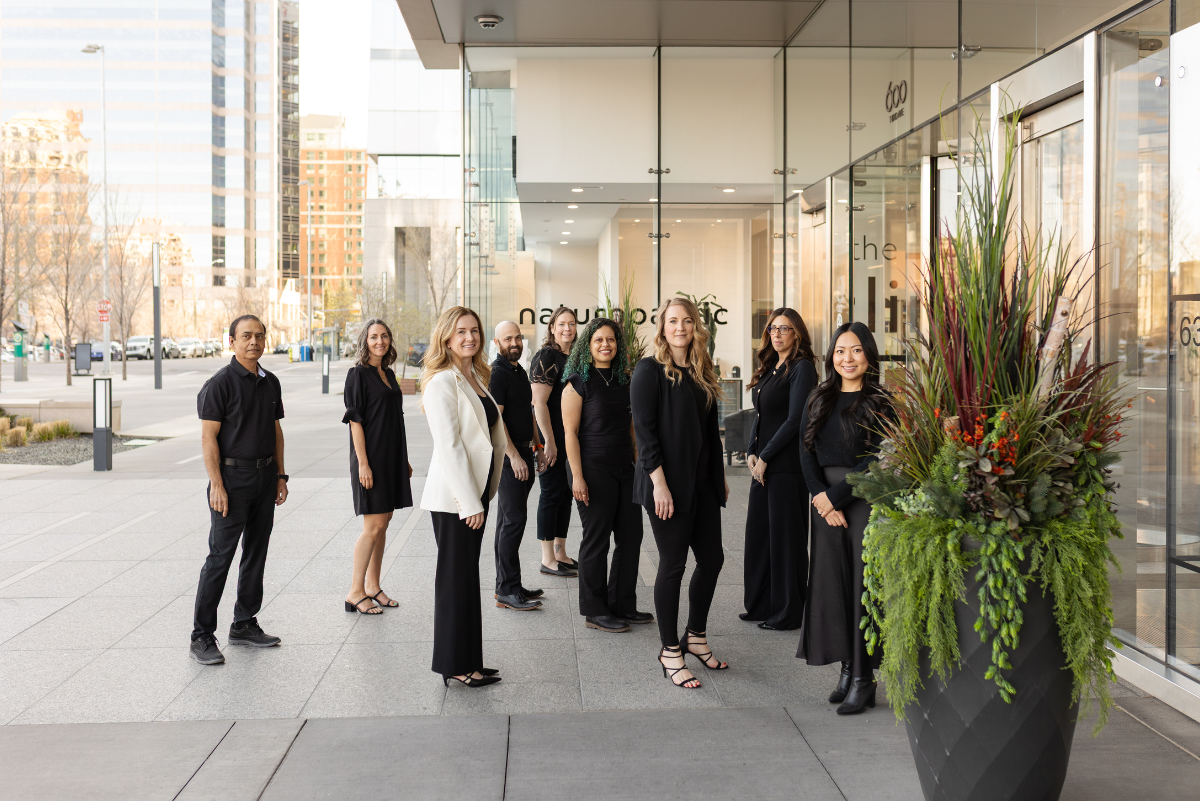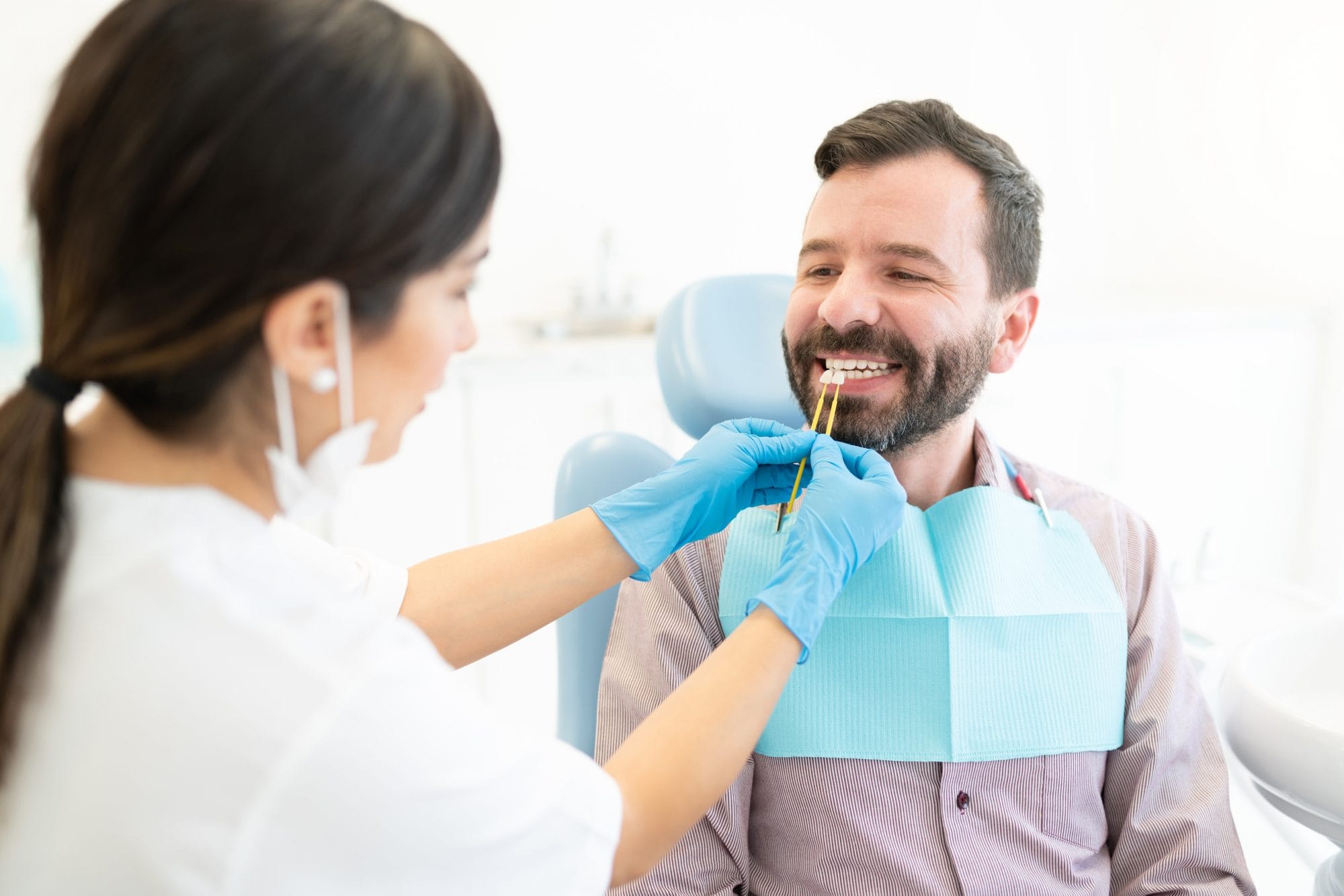Our population is aging! Seniors in Canada are a rapidly growing demographic.
However, seniors now are different from seniors that we saw in previous generations. In the past, seniors (for the most part) had full dentures, which made mouth care a lot more simple. But these days, older adults will often have full or at least partial dentition that can include advanced dentistry such as dental implants, crowns, bridges and partial dentures. They require more advanced mouth care and preventative maintenance. There are also oral health challenges specific to seniors such as decreased ability to perform daily oral care routines, limited access to professional care, and medications that affect oral health.
Many of the medications seniors are taking reduce saliva flow, which greatly increases risk for cavities around all of the teeth. Most seniors also have gum recession, exposing root surfaces which are 11x softer than enamel, and very susceptible to decay. It is a perfect storm!
Oral health also has a critical impact on overall health, especially respiratory illness in older adults. Developing infections or other oral health issues can be very difficult to manage, especially when a senior is in long-term care or has declining health.
I came across some oral health guides that the Ontario Dental Association has developed for seniors and their caregivers, including those who work with residents of long-term care facilities. You can find them here: https://oda.ca/oral-health-basics/care-disease-prevention/tips-for-seniors-and-caregivers/



